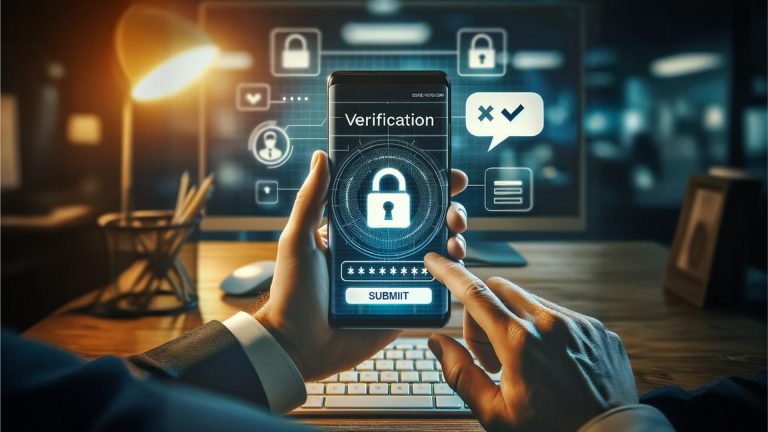
Intdev Internet Technologies, September 2024
New Releases

Your Business Is Only as Strong as Its Recovery Plan – The importance of DR in Cloud Hosting

Top 5 Cloud Security Mistakes SMEs Make — And How to Avoid Them

Is the Hassle of Two-Step Authentication Worth R53 Million?: Why 2FA is Non-Negotiable
Related Articles

Your Business Is Only as Strong as Its Recovery Plan – The importance of DR in Cloud Hosting

Top 5 Cloud Security Mistakes SMEs Make — And How to Avoid Them
Subscribe to our Newsletter
The Alarming Rise of Cybercrime as a Service in 2024:
A New Threat to Businesses
Cybercrime as a Service (CaaS) has seen a disturbing rise in recent years, and in 2024, it’s become a thriving underground industry that’s reshaping the cyber threat landscape. Once the domain of highly skilled hackers, cybercrime has evolved into a service-driven model that enables even those with limited technical knowledge to launch devastating attacks on individuals, companies, and governments. This “as-a-service” model mirrors legitimate business structures, making it easier than ever to buy, sell, and customize malicious tools for various attack scenarios.
What Is Cybercrime as a Service?
Cybercrime as a Service is an illicit service model in which cybercriminals provide various tools and services to other criminals. These can range from simple phishing kits and malware to sophisticated ransomware platforms. Much like the Software as a Service (SaaS) industry, CaaS providers offer subscription-based models, technical support, and even updates. This structure lowers the barrier to entry for cybercrime, allowing anyone with the right motivation and funding to access and deploy advanced cyberattacks.
Key Trends in Cybercrime as a Service
In 2024, CaaS has expanded in several ways, each posing unique challenges to businesses and governments.
- Ransomware as a Service (RaaS) Dominance
Ransomware as a Service remains one of the most prominent threats in the cybercrime marketplace. By subscribing to RaaS, attackers can rent pre-made ransomware, complete with dashboards for monitoring infections and profits. Notable groups like LockBit have continued to refine their offerings, making it even easier for affiliates to launch attacks. The recent breach of a prominent European healthcare network by a RaaS affiliate illustrated just how devastating these attacks can be, causing widespread disruptions in patient care and leading to ransom demands in the millions. - Phishing as a Service (PhaaS) Kits
Phishing kits have been around for years, but today’s Phishing as a Service kits offer sophisticated features, including templates for specific targets, geolocation-based customization, and real-time support. These kits allow attackers to tailor emails and websites to resemble legitimate companies, often fooling even the savviest individuals. In a high-profile example from early 2024, a U.S.-based financial firm reported that an attacker used a PhaaS kit to steal client information by mimicking their website’s secure login portal. - Data Theft as a Service (DTaaS)
Data Theft as a Service is an emerging CaaS model where hackers offer subscription access to stolen databases, enabling clients to acquire personal information, financial records, or corporate data. This trend poses an enormous threat to industries such as finance, healthcare, and retail. In a recent breach affecting an online retail giant, DTaaS subscribers had access to thousands of customer records within hours of the attack, resulting in severe financial and reputational damage for the company. - Automation and AI-Driven Attacks
With advancements in artificial intelligence, CaaS providers now incorporate AI to automate tasks, making cyberattacks faster and harder to detect. AI-driven bots can generate phishing emails, bypass CAPTCHA protections, and even simulate human-like behaviors online. This year, a major telecom company reported an AI-powered botnet attack that continuously tested and adapted password attempts to infiltrate employee accounts, highlighting the increasing role of AI in CaaS.
Real-World Examples of CaaS in 2024
- The MGM Resorts Data Breach
Earlier this year, MGM Resorts was struck by a major cyberattack attributed to a group using Ransomware as a Service. By targeting vulnerabilities within MGM’s IT infrastructure, the attackers demanded a ransom in exchange for halting the attack, which led to hotel operations being affected, guests locked out of rooms, and a significant loss in revenue. This breach exemplifies how RaaS attacks can have real-world consequences on businesses, especially in industries reliant on seamless operations. - The MOVEit Attack on Government Contractors
In mid-2024, hackers exploited vulnerabilities in MOVEit file transfer software used by U.S. government contractors, gaining access to confidential data. This breach underscored how vulnerable even government-related organizations can be when CaaS tools are available to exploit common software. The stolen data was later sold on the dark web as part of a Data Theft as a Service package, sparking concerns about national security and the need for stronger cybersecurity measures. - Crypto Thefts with Malware as a Service
The crypto industry has been a popular target for Malware as a Service (MaaS) attacks. In 2024, a coordinated attack using MaaS resulted in $30 million worth of cryptocurrency stolen from various wallets. This attack involved custom-designed malware purchased via the CaaS marketplace, which was tailored specifically to bypass security mechanisms in popular crypto wallets and exchanges.
Why CaaS is Such a Threat to Businesses
The accessibility of CaaS means that businesses are now dealing with a broader and more diverse range of cyber attackers. From amateur hackers using PhaaS kits to sophisticated criminal groups utilizing AI-driven attacks, organizations face an increasingly complex threat landscape. Small businesses are especially vulnerable since they often lack the resources for advanced cybersecurity defenses, while larger companies must continuously adapt to combat the more advanced capabilities enabled by CaaS.
Additionally, the evolution of CaaS has blurred the lines between cybercriminals and “clients.” Attackers no longer need technical expertise, only funds to rent the tools. This trend has escalated the frequency of attacks and diversified the types of businesses targeted.
Steps Businesses Can Take to Protect Themselves
While cybercrime as a service presents unique challenges, businesses can adopt proactive measures to mitigate these risks:
- Invest in Advanced Threat Detection: Utilize AI-powered threat detection tools that can identify and respond to anomalies in real-time, offering a first line of defense against automated CaaS attacks.
- Conduct Regular Security Audits: Ensure your systems are fortified against known vulnerabilities. Regular audits can identify weaknesses before attackers exploit them.
- Educate Employees: With phishing remaining a leading attack vector, employee training on cybersecurity practices is essential to mitigate the impact of PhaaS attacks.
- Deploy Zero-Trust Security Models: Zero-trust models require identity verification at every network layer, ensuring that even if attackers gain access, they are less likely to exploit additional systems.
- Collaborate on Cyber Intelligence: Share threat intelligence with other businesses in your industry to stay informed about emerging CaaS trends and attack vectors.
Looking Ahead
The rise of Cybercrime as a Service in 2024 marks a paradigm shift in how cybercrime operates. As technology advances, the CaaS model will only become more sophisticated, posing ever-greater challenges for cybersecurity. For businesses, this means adopting proactive, adaptive, and resilient cybersecurity strategies. The fight against cybercrime may be ongoing, but with the right tools and awareness, companies can stand a better chance of protecting themselves against this evolving threat.
In an era where anyone can rent a cyber weapon, cybersecurity has become not just a technology issue but a critical business imperative.
Get In touch
CONTACT US
sales@intdev.co.za
TELEPHONE
(+27) 011 082 2727
ADDRESS
International Business Gateway Park Cnr New And, 6th Rd, Midrand, 1685


